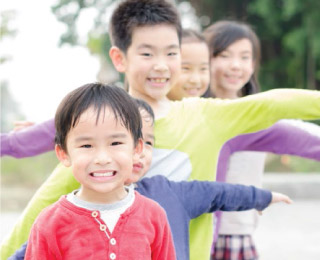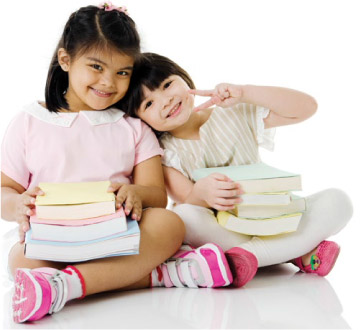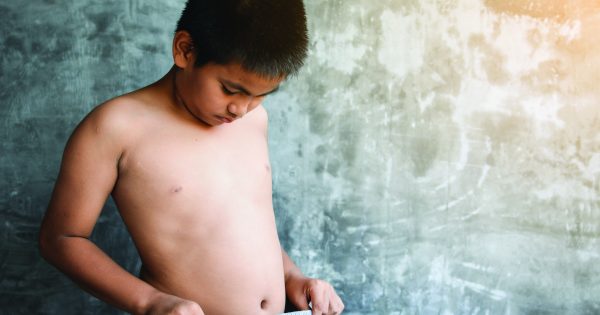A very important way to get your child to be ready for the world is by having socialisation or friendship skills. Socialisation skill is one of the categories of basic adaptive behavioural skills that are crucial for children to learn as they grow up. Other adaptive behavioural skills include; communication skills, daily living skills and motor movement skills.
While teaching children to communicate (i.e. receiving and expressing information), take care of themselves, have domestic skills and safety knowledge (e.g. stranger danger, crossing roads, home address and emergency phone numbers) are crucial, friendship skills and social etiquette are also equally important.
A Friend in Need is a Friend Indeed
Friendship skills usually stabilize around the age of 10 where the concept of ‘best friends’ becomes stronger. Research has found that having close friends as a child helps to buffer against stress which stems from significant life events the child goes through. Close friendships help to build social competence and confidence in children as they grow up. Having a healthy amount of friends increases self-esteem and reduces risks of anxiety and depression in children.
Look, Listen & Learn
Typically, developing children learn the basic rules of social etiquette by observing and modelling adults in how they socialize (e.g. greeting, small talk, listening, responding, regulating and expressing emotions, inquiring and laughing). However, some children may need further guidance in modelling after adults as they may have some deficits in understanding social cues. Furthermore, some adult behaviors are not appropriate and could lead to harm if children were to model them (e.g. rudeness, littering, swearing, hostility and aggression).
It is very important for parents to observe and guide their children in making and keeping friends. Parents should also live by example for their children to be good, honest citizens. We cannot assume that children will think like adults in understanding social cues/ signals, and making social decisions or solve problems. Failure to intervene when a problem does occur puts the child at risk of being socially isolated, lose social connections or worse, being bullied.

Play, Have Fun & Make Friends!
Play skills are also important because it is an essential part of friendship-forming. Furthermore, young children are more likely to make friends during play than they are in a random conversation because their main language is play.
Knowing how to play involves communicating clearly, taking turns, following rules, creativity, collaborating, problem-solving, mutual respect, and many other micro-skills that help to maintain friendships. Play is a great way of teaching these skills because play is fun and these skills help to extend play. It is very important that you emphasise playing for fun rather than to win. Teaching children to play for fun helps them become collaborative adults rather than competitive ones that tend to be aggressive in friendships.
Choose Friends Wisely
Good friends help your child harness positive values, morals and qualities. Furthermore, they will become less superficial as teens and popularity will less likely influence them in making friends because they know what is more important. It is essential that children be taught the value of kindness and gentleness in selecting friends. They too should be kind to others as this helps them gain respect. This gesture should also be extended to play where sportsmanship and fair play is a good attitude to have.
Communication is Key
Apart from kindness and gentleness, the ability to communicate well is very important in making conversation and entering a play session. At the same time they need to learn how to end or exit a social situation appropriately. Practising conversations and joining play with adults and other children should be something parents encourage in their children. You should also actively guide children in daily social interaction such as etiquette or manners.
Resolving Conflict
With any kind of friendship, there will be disagreement and rejection. These are situations that require skills and children should learn these skills as soon as they start making friends, so that they are able to handle social conflicts appropriately. Given that children are also exposed to bullying, it may be useful to teach them how to recognize and handle bullying as well.
It is common to hear people say that you cannot be too kind to others otherwise they will take advantage of you. However, research has shown that kindness trumps being selfish, as long as you learn from your mistakes and not mix with people who tend to take advantage of kindness. It is healthy for children to learn this the hard way, so that they become more sensitive and selective in choosing friends.
By being equipped with friendship and play skills, your child will be better prepared to face the world growing up. It provides them with a sense of self-confidence in social connections. Furthermore, if problems do arise, they will know what to do to solve it.







Comments